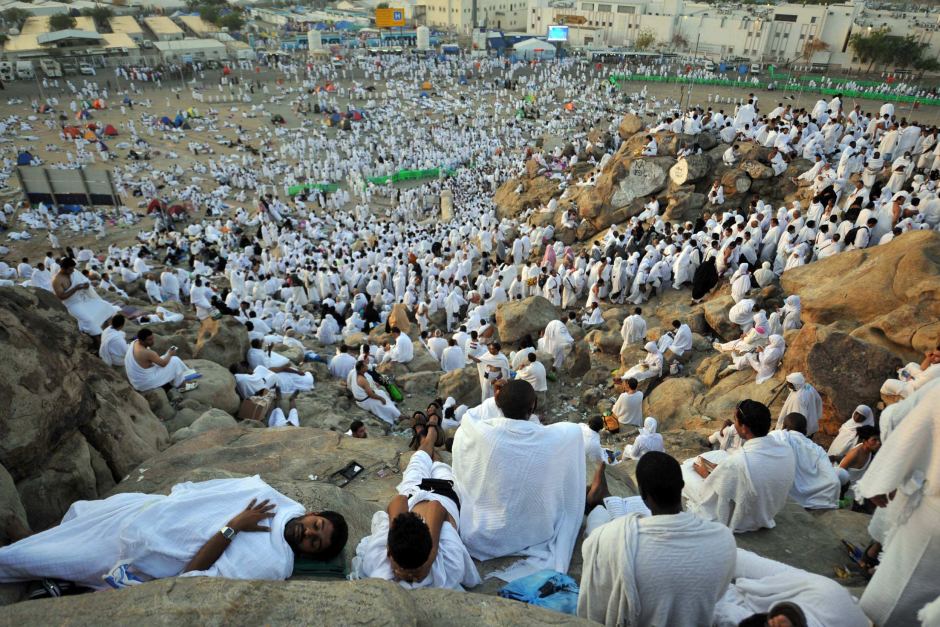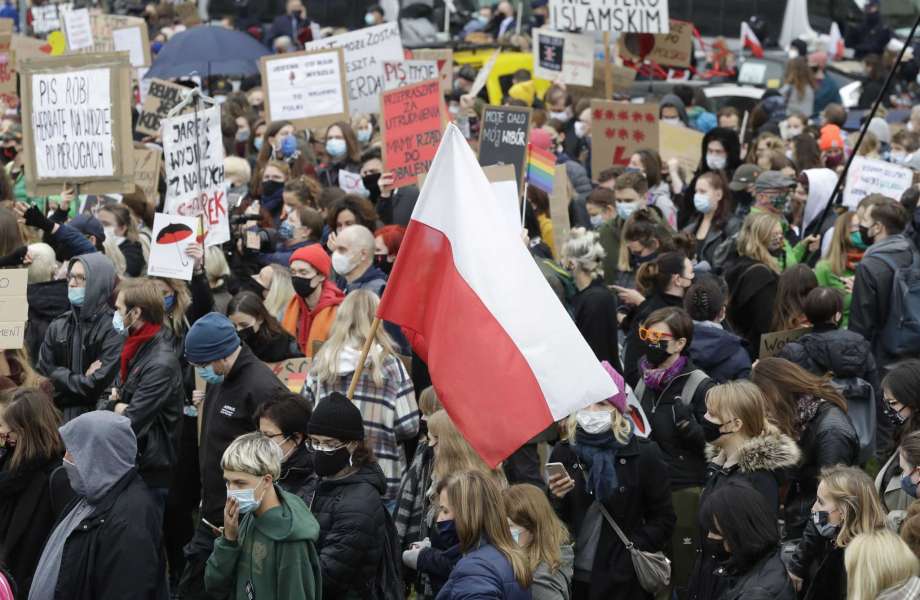Millions Of Pilgrims Arrive Saudi For Hajj Amid Heat
Enormous crowds of worshippers thronged Mecca, Islam’s holiest city, on Friday for the biggest hajj pilgrimage in years, with more than two million expected to brave the scorching Saudi Arabian heat.
Pilgrims in white robes and sandals packed the ancient city, now dotted with luxury hotels and air-conditioned shopping malls, after flooding in on planes, buses, and trains for the annual rites.
This year’s hajj – one of the world’s biggest annual religious gatherings, with a tragic history of stampedes and other disasters – could break attendance records, officials said.
“As the hajj draws near, the Kingdom of Saudi Arabia prepares… for the largest Islamic gathering in history,” Minister of Hajj and Umrah Tawfiq Al-Rabiah said in a video published by the ministry this week.
Rites include circling the Kaaba, the large black cube in Mecca’s Grand Mosque, praying on Mount Arafat and “stoning the devil” by throwing pebbles at three giant concrete walls representing Satan.
More than two million people from more than 160 countries will attend, Rabiah said – a dramatic increase on the 926,000 from last year, when numbers were capped at one million post-pandemic.
In 2019, about 2.5 million people took part. Only 10,000 were allowed in 2020, at the height of the Covid-19 pandemic, rising to nearly 59,000 a year later.
But severe weather is just one of the risks at an event that has been hit by deadly incidents from stampedes to militant attacks.
Just eight years ago in 2015, as many as 2,300 worshippers died in a stampede during the “stoning of the devil” ritual in Mina near Mecca, the worst hajj disaster ever.
More than 700 people died in a notorious attack in 1979, when hundreds of gunmen demanding the abdication of the Saudi royal family barricaded themselves inside the Grand Mosque, taking dozens of pilgrims hostage.
Ahead of the hajj, security forces held a military parade in Mecca, including soldiers in full camouflage holding automatic weapons.
Umer Karim, a doctoral researcher focusing on Saudi foreign policy at Britain’s University of Birmingham, said hosting the hajj is a matter of prestige and a source of political legitimacy for Saudi rulers, the custodians of the holy sites.
The pilgrimage “gives the kingdom and its rulers a huge amount of esteem and prestige which then becomes a major source of the kingdom’s soft power”.
AFP





